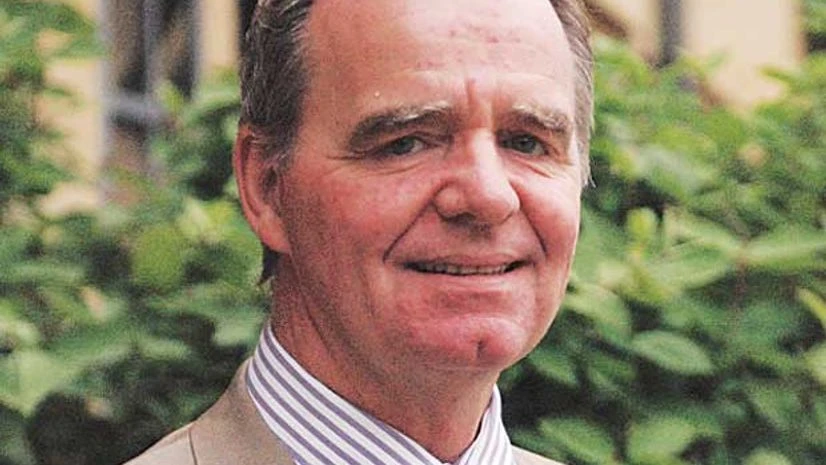Raymond Duch, director of the Nuffield Centre for Experimental Social Sciences (CESS), University of Oxford, has been running an experiment to gather evidence on tax compliance, and why people cheat on taxes. His initial findings suggest that individuals who demonstrate high levels of ability or effort - who typically are rich - are much less likely than others to comply with taxation. In an interaction with Sudipto Dey, Duch shares the implications of these findings for Indian tax authorities in their effort to improve tax compliance in the country. Edited excerpts:
Could you take us through the genesis of this experiment?
Two or three years ago, I became very interested in understanding why you have more re-distribution (of income) in some countries and less in others, and the reasons for more or less economic inequality. As part of that effort to understand variations in inequality, I came up with the idea to understand better who pays taxes and who does not - who cheats on taxes and who doesn't.
Also Read
Basically if you want to have re-distribution from rich people to poor, the rich have to pay taxes. Clearly, in some countries the rich are more compliant on taxes, than in other countries. That was one of the reasons why you have re-distribution and less inequality in some countries than in others.
What were the initial findings of your experiments in this regard?
The experiment is basically about people making money, they are taxed at different tax rates, they have to declare how much money they made, and then that money is taxed. I am able to observe through these experiments who makes more money, who has higher ability than others, who pays taxes and who doesn't.
What I find is that the subjects in the experiment who are of higher ability types, high performance types - those are the people who cheat the most. People who have lower performance level, and who perform less, tend to cheat a lot less. They comply with the taxation much more. Those are the basic findings. What it suggests is that in the real world, those who are more likely to cheat on taxes are whom I call the high-performance types. They are very competitive individuals, successful entrepreneurs or investment bankers, or those who are very successful in the entertainment and the sports world, these people are more able and high performance type, they make the most money, and they are the ones who are cheating the most.
What does this mean for the policy makers who are out to improve tax compliance?
It raises a very difficult policy problem for decision-makers and government officials. Government officials are interested in increasing tax compliance by everybody - particularly by the rich as they are the ones who contribute the most to government revenues. My findings suggest that those individuals are least likely to be persuaded by the government to comply with taxation.
If policy makers expect to get more tax compliance by appealing to people's intrinsic preferences, or their moral values, or reputational concerns, then it is not going to work with rich people. Actually, it is going to work with poor people, who are more likely to respond to these policy efforts. Poor people are more likely to be persuaded by government messages.
How do you tackle the issue of improving tax compliance by the rich?
The results at this point do not provide insight on how to persuade the rich to comply. What they tell us is that the moral compass of the rich and that of the poor towards paying taxes is very different. The poor have higher sensitivity to comply. Policy makers have to understand that messages to comply may not work with the rich. They need to do more of these kinds of studies to suggest ways that may be useful to make the rich comply. They might need different communication strategies to improve tax compliance of the rich and the poor.

)
